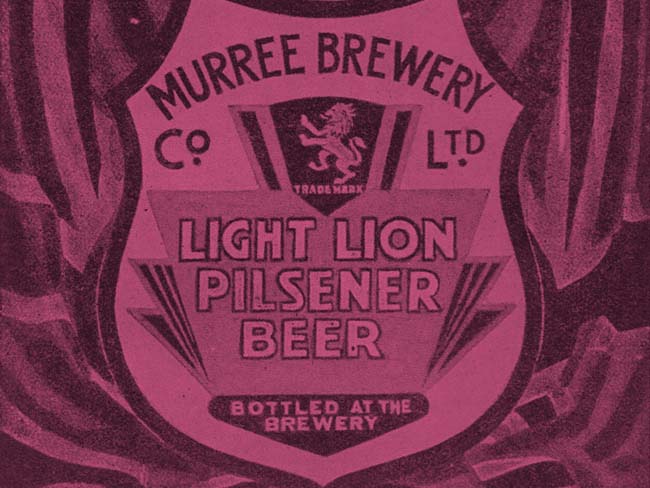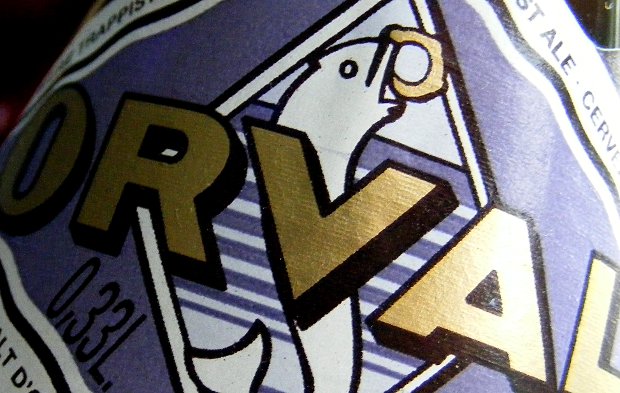Every Saturday we round up the most interesting stories about beer and pubs we’ve encountered in the past week. This time we’ve got Belgian Pils, Munich Helles and Indian lager.
The Jennings’ brewery at Cockermouth, Cumbria, has arguably been on borrowed time since it was taken over by Marston’s in 2005. With Marston’s itself being taken over by Carlsberg in 2020 the expected has now happened, as Roger Protz reports:
The decision to axe the brewery stands in sharp distinction to the action taken by the then independent Marston’s group in November 2009 when the brewery was wrecked by floods in Cumbria. The chief executive of Marston’s, Stephen Oliver, phoned Jennings’ manager Gaynor Green and told her the brewery would be rescued and restored. £1 million was spent and the brewery reopened in February 2010… Now [Carlsberg Marston] says the brewery has not been running at full capacity and its beers will be transferred to Marston’s Brewery in Burton-on-Trent. This shows a complete lack of support for Jennings, which, in common with all brewers of cask beer, saw sales hit badly during the lockdowns caused by the Covid pandemic.

For Craft Beer & Brewing Jeff Alworth has written about Belgian Pils, an unflashy type of beer that nonetheless has a quiet fan base among beer geeks:
On a sparkling morning in late September three years ago, I arrived in Vichte, West Flanders, to tour the wonderful old Verhaeghe family brewery, where they make the classic Flanders roodbruin, Duchesse de Bourgogne. Tour guide Katrien Martin and owner/brewer Peter Verhaeghe showed me the brewery and cellars, and we tasted through a line-up of their beers – all of them, or so I thought. Yet when I was preparing to leave around lunchtime, Martin mentioned a café nearby where I could have a glass of their pils… Pils? I had just toured the whole brewery, and nowhere did I see any mention of a pilsner… The beer had a curious quality – sweetish malts, zesty hops, a mineral note, and a quick, dry finish. It bore some resemblance to German pilsner, but the malts, the minerality, the finish – they were unusual. It was excellent, and I wondered why they didn’t talk about it.

Who was the first woman to brew commercially in America? Probably not Mary Lisle, argue Brian Alberts and Kate Bernot in a piece for Good Beer Hunting:
Miller Lite chose Mary Lisle because she’s regularly cited as the first recorded woman to brew beer commercially in American history. Google it, read popular beer history books, or dare to crack a few dry academic ones, and Mary Lisle’s story of inheriting her father’s Philadelphia brewery in 1734 appears time and again. But Lisle’s title as the first recorded woman brewer is a misconception, one of those assumed truths that gets repeated because it’s believed and believed because it gets repeated… In fact, records from early colonial America name many women who produced and sold beer before Mary Lisle.

It’s good to set yourself a challenge sometimes. Gary Gillman set out to discover the earliest lager brewed in India and has managed to push the date back from 1946 to 1928:
The reference to a Nathan system, and its start-up in 1928, point clearly to brewing lager. Nathan fermentation, the very process followed today around the world by the majority of breweries of any size, facilitates lager-brewing through strict temperature control and the cone-shape that collects precipitating yeast… An advert in the Civil & Military Gazette (Lahore), August 27, 1928, introduced Murree’s “Lion Brand Pilsener Beer”. It showed a drawing of the bottle, with anodyne ad copy touting the beer’s “delicate flavour” and “light and sparkling texture”.

Will Hawkes got plenty of material out of his trip to Bavaria, it seems. This week, for Pellicle, he writes about Steffen Marx of Giesinger Bräu and the Munich beer scene:
Steffen, 45, may share a surname with a certain German political thinker, but unlike his namesake, he is 100% capitalist. Since 2006, he has deployed considerable guile and audacity to guide this brewery from a Giesing garage to a €20m (£16.8m) structure on the northern fringes of Munich, where the neighbours include BMW and Bayern Munich football club… His piece de resistance is inside a concrete box in the yard. It’s a well, costing €1m (£840,000) and plunging 152 metres into the earth, from where it extracts pure Munich water. Given that he could’ve used tap water, it seems a bit extravagant—except that, to produce Münchener Bier, a term protected under EU Law since 1998, he needed real Munich water (the tap stuff comes from the Mangfall Valley in the countryside). So he built the well and produced his first Helles in 2021.

We’ve enjoyed Phil’s check-ins during the past few years, giving honest readouts of his own feelings about pubs and beer at various stages of plague and lockdown. In his latest piece he writes about being ready to get out and about having finally had COVID himself, while also reflecting on what this means for his at-home beer stash:
50 beers at last count. Run out of Westmalle Tripels, too – ought to do something about that… Bulk buying is a habit that’s going to die hard, and for some beers I can’t see myself giving it up at all: I don’t know if there will ever be a time when I don’t want to have a De Ranke XX-bitter to hand. Or a Westmalle Tripel; or an M&S Czech lager; or an Orval… As it happens I’ve been bulk-buying Orval – and reordering before my stock runs out – since the first lockdown. As a result I’ve ended up with, oh, more than one or two bottles of it, including…
Finally, from Twitter, a nerve-shredding Avant Garde film…
For more good reading check out Stan Hieronymus’s round-up from Monday and Alan McLeod’s from Thursday.

